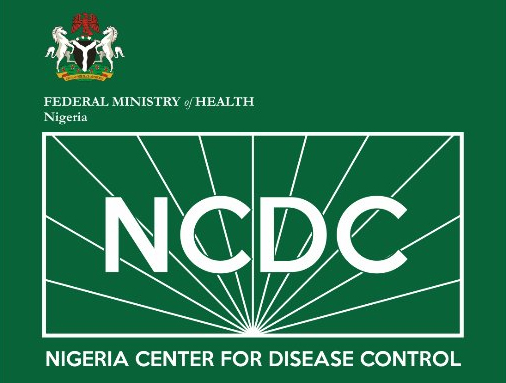Dr Chikwe Ihekweazu, Director-General, Nigeria Centre for Disease Control (NCDC), has said that asymptomatic patients are only infectious within 10 and 14 days of becoming infected.
Ihekweazu said this at the Presidential Task Force (PTF), media briefing on Monday in Abuja.
The News Agency of Nigeria (NAN), reports that a recent study led by a group of researchers in Aichi Prefecture discovered that asymptomatic coronavirus patients tend to recover within nine days of having infections confirmed via polymerase chain reaction (PCR) tests.
He said that asymptomatic transmission did happen within 10 days of being infected.
READ ALSO:Eight Bills, 57 Motions Passes Kano State Assembly
According to him, after the 10 days, the person will no longer be infectious and can no longer transmit.
”Data shows that after 10 days the person is no longer infectious but we extended to 14 days,” the director-general said.
He said the World Health Organisation (WHO) stated that research was still ongoing to ascertain the level of transmission by COVID-19 infected patients who showed no symptoms.
He, however, blamed some Nigerians for violating the COVID-19 preventive measures at the Abuja shopping mall.
The NCDC boss decried an increase in high-risk behaviour from Nigerians which had led to more transmission of infections.
“There will be lots of discussions about the mall, regulation and flight,” he said
Ihekweazu noted that Lagos was the epicentre of the pandemic but that other states had started recording an increase in cases and deaths lately.
He urged Nigerians to take responsibility and hold each other accountable in adhering to preventive measures.
“That mosques or church decide to open doesn’t make it compulsory for people to attend. Attendance is still a personal choice.
”If a supermarket in Abuja decides to do a concert, it doesn’t make it compulsory for people to attend.
“We have to make sacrifices on things around leisure. We have to make it socially unacceptable to be seen outside without a mask.
”We have to hold each other responsible and must discourage each other from the unnecessary gathering.
“Our health is dependent on the action that each of us is going to take for the next few weeks,” Ihekweazu said.
He added that there were challenges still faced in contact tracing, sample and sample collection as well as bed space capacity.
He, however, noted that there were still more cases untested in Nigeria.
Ihekweazu added that until there was a radical transformation in the adherence to COVID-19 measures, there would be more increase in cases.

